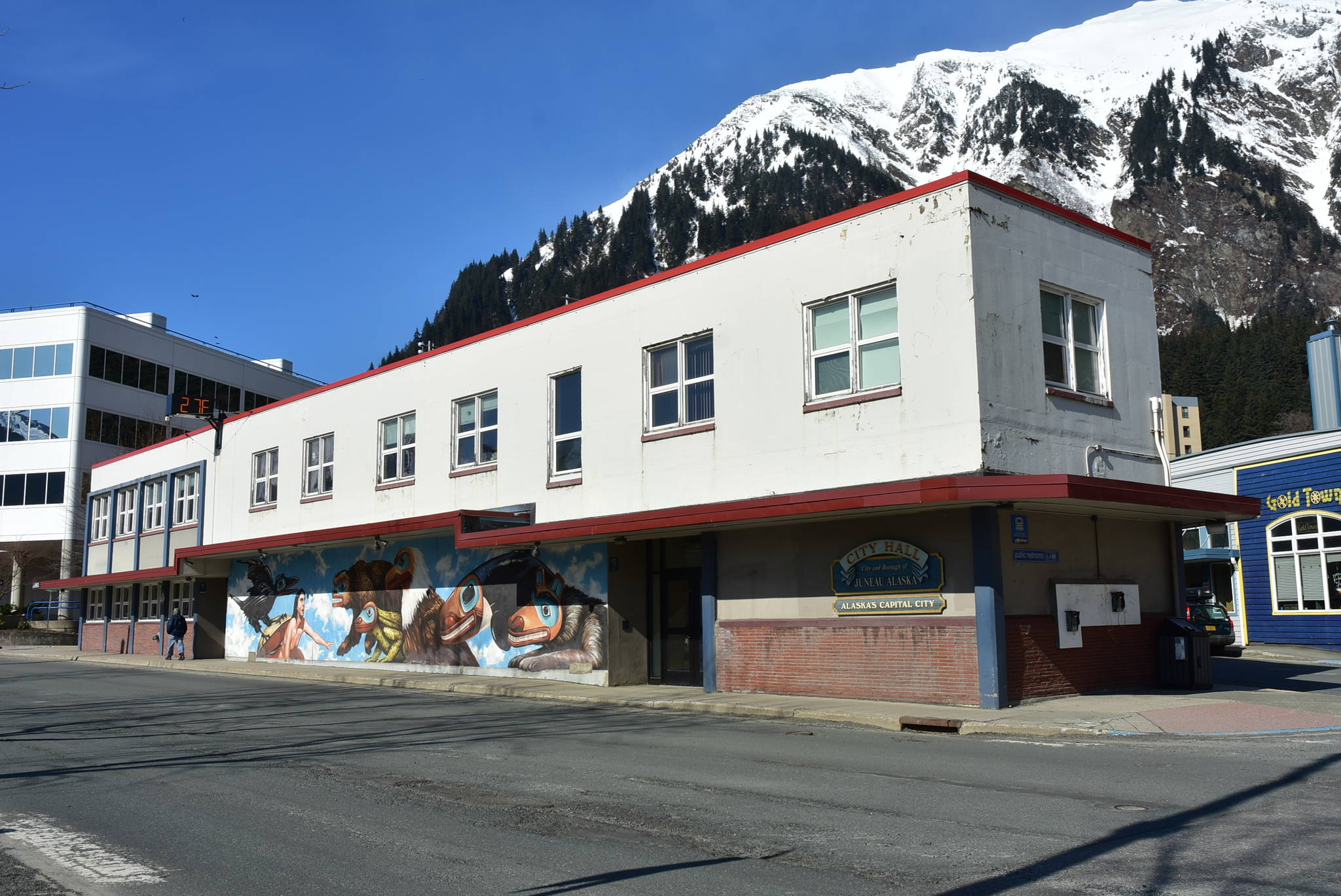A previous version of this article incorrectly indentified the mayor of the Matanuska-Susitna Borough as Larry DeVilbiss. The current mayor is Vern Halter. The Empire regrets this error and the article has been updated to reflect this correction.
Federal COVID-19 relief money that’s headed to local municipalities is only going to cover a fraction of the losses cities are looking at as they close out their fiscal years, according to city officials from throughout Alaska.
“Local government revenues will be impacted from March to June by $100 million,” said Nils Andreassen, executive director of the Alaska Municipal League. “It’s going to affect local ability to pay for essential services.”
Andreassen spoke to the House Finance Committee, which met by telephone Thursday, to hear from municipalities about how local leaders are trying to balance their budgets.
“Preparation of this budget has been the most difficult of my career,” said Paul Ostrander, Kenai city manager.
Ostrander told lawmakers his city had been fiscally responsible and there were solid plans going forward for repairs and other capital projects.
Municipal leaders from around the state told similar stories of budgets thrown into chaos and plans disrupted if not ended entirely.
“Half (our budget) is our ability to provide emergency and other necessary public services,” said Northwest Arctic Borough Mayor Lucy Nelson.
NWAB covers 38,000 square miles and is not connected to the road system, Nelson said, and plane is the best method of travel between communities.
“The proposed funding of $1.2 million is significantly reduced from what the borough receives from the state in community assistance and school bond debt and other costs.”
Without additional funding, municipalities will have to consider drastically cutting their essential services, municipal leaders told the Finance Committee. School bond debt and community assistance grants where two areas mentioned by multiple people on the call.
“We need the state to fund these school bonds and then we can make it work,” said Matanuska-Susitna Borough Mayor Vern Halter.
Those funds were vetoed from the fiscal year 2021 budget by Gov. Mike Dunleavy in early April. At the time, the governor said that federal money from the CARES Act would be able to cover the cost of the “vast majority” of the money vetoed. But restrictions placed on CARES money means it can’t be used for things like state bond payments and lost revenue.
Municipal leaders said they are wary of raising property taxes as people are already struggling to pay their bills.
“At a time when people haven’t been working, the people of Kodiak are going to have to backfill the bond debt and community assistance programs,” said Kodiak Island Borough Manager Michael Powers.
The CARES Act came with roughly $1.2 billion in discretionary funds, and about $562 million of that is to be distributed to municipalities. But how it goes out has been a point of contention between the governor’s administration and the Legislature.
The governor has suggested distributing CARES Act money through what’s known as the revised program legislative requests, or the RPL process. Through that mechanism Dunleavy would be able to give that money to boroughs to spend on certain programs.
If it is done through the RPL process, federal funds can only be used on programs which have already received federal dollars. However, if the Legislature were to reconvene, it could appropriate that money to municipalities with more flexibility in how it is spent.
Several municipal leaders on the call said they hope for future funding from the federal government that could be used for lost revenue.
Sen. Lisa Murkowski, R-Alaska, said when the CARES Act first passed there would likely be additional funding legislation. The senator’s office did not immediately respond to a request for comment.
• Contact reporter Peter Segall at psegall@juneauempire.com. Follow him on Twitter at @SegallJnoEmpire.

